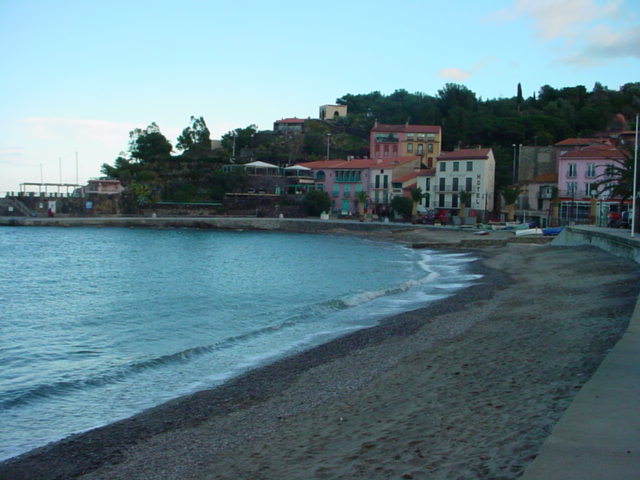 I am about 2/3 of the way through Jimmy Carter's Palestine: Peace Not Apartheid. This book has become controversial in the United States, and one can chalk this up to it being one of the few books that catalogs some of the human rights abuses that Israel has perpetrated against Palestinians. But one can also see where Carter invites criticism. (WaPo article on controversy)
I am about 2/3 of the way through Jimmy Carter's Palestine: Peace Not Apartheid. This book has become controversial in the United States, and one can chalk this up to it being one of the few books that catalogs some of the human rights abuses that Israel has perpetrated against Palestinians. But one can also see where Carter invites criticism. (WaPo article on controversy)The first controversy is the use of the word "apartheid" in the title. Surely, the title assigns the brunt of the blame to Israel, and it is an un-nuanced label for the relationship between the two countries that evokes more outrage than contribute real understanding of the situation. The word "apartheid" is a loaded word, not an exacting definition, and it should have been avoided. However, the human rights abuses and the isolation of communities by the wall and the border policies are very real.
A little while ago I was telling a friend about the fact that for years Israel has diverted water from the Jordan river to Israel, bypassing Palestine, in addition to closing wells in the Palestinian territories, and that Israelis use many more times as much water as Palestinians, etc.; she informed me that these events are rarely if ever discussed in the U.S. This book puts them out there in black and white; and, as if I need to say it again, criticizing the policies of the Israeli state does not make me or anyone else an anti-semite. Just like criticizing the policies of the U.S. administration does not make you anti-American.
However, I can see where critics could find their fodder. First of all, like my old boss Madame Mastenbroek, Mr. Carter has met with Hamas, most notably prior to the 1996 elections in the PT. This is difficult to reconcile, because, if you see Hamas first and foremost as a terrorist group, then meeting with terrorists is akin to negotiating with terrorists, and all along, meeting with the group gives them legitimacy. On the other hand, if you see Hamas as a political force which has broad support among the Palestinian populous, then meetings encouraging them to participate in the democratic process (as Carter was doing) might give them the impetus to leave violent methods altogether in favor of political solutions to conflict. It is a difficult choice to make; America's support of democratic elections in 2005 and then subsequent de facto rejection of the results (because they favored Hamas) makes the U.S. look very bad. What's the answer, push or pull? Madame Mastenbroek and Carter believe in "pull".
Furthermore, Carter doesn't seem to denounce terrorism enough. He gives Hanan Ashrawi the last word in Chapter 11, as he offers several other statements in the book without comment or critique when they need it. She says:
"So far, they have succeeeded in holding the peace process hostage to this mentality on the one hand. And on the other hand they have provoked tremendous violence by acts of incitement like shelling, bombing, house demolition, uprooting trees, destroying crops, assassinating political leaders, placing all Palestinians under closured in a state of total immobility -- a prison. And then they wonder why some Palestinians are acting violently! And then they want to have the right to exercise violence against the captive population. They they like to make non-violence on the part of the Palestinians a precondition for the Palestinians to qualify for talks, let alone for statehood."
This statement screams for a comment, one that affirms that making apologies for violence (or condoning those apologies, as Carter seems to do here) can never be a constructive part of a peace process.
Another bothersome aspect of the book is the lack of criticism of the way Arafat and his cabinet administered the Palestinian Territories before his death. There was rampant corruption, and money was not spent where it should have been; this should have been noted in the section decrying Israeli confiscation of donated funds to the PLO. And it goes without saying that the links between the PLO and terrorism should be denounced in the book, and yet it is strangely absent.

No comments:
Post a Comment